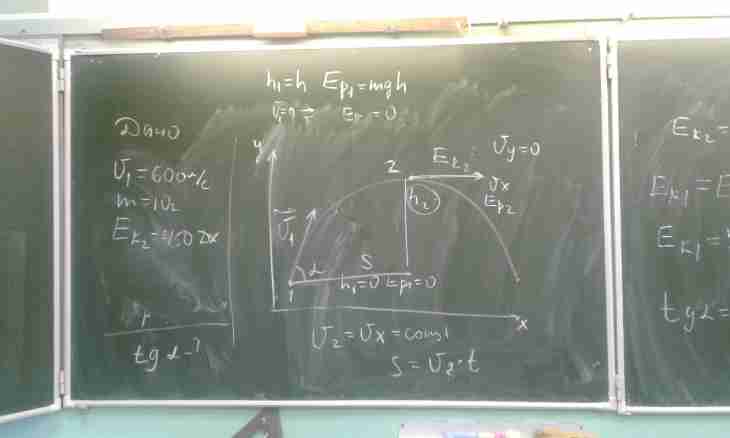The logarithmic equations are the equations supporting the unknown under the sign of a logarithm and/or in its basis. The simplest logarithmic equations are the equations of a type of logaX=b, or the equation which can be reduced to this look. Let's consider as different types of the equation can be reduced to this type and to solve.
Instruction
1. Follows from definition of a logarithm that to solve the equation of logaX=b it is necessary to make equivalent transition of a^b=x if a> 0 and an is not equal 1, that is 7=logX on the basis 2, then x=2^5, x=32.
2. At the solution of the logarithmic equations often pass to not equivalent transition therefore check of the received roots, by substitution in this equation is necessary. For example, the equation of log(5+2x) on the basis 0.8=1, by not equivalent transition is given, log(5+2x) on the basis 0.8=log0.8 on the basis 0.8 turns out, it is possible to lower the sign of a logarithm, then the equation 5+2kh =0.8 turns out, solving this equation we receive also =-2.1. When checking x =-2.1 5+2kh> 0 that corresponds to properties of logarithmic function (the range of definition of logarithmic area is positive), therefore, x =-2.1 - an equation root.
3. If unknown is in the logarithm basis, then the similar equation is solved in the same ways. For example, the equation, log9 on the basis (x-2) =2 is given. Working also as well as in the previous examples, we receive (x-2) ^2=9, x^2-4x+4=9, x^2-4x-5=0, solving this equation of X1=-1, X2=5. As the basis of function has to be more than 0 and is not equal 1, there is only root X2=5.
4. Often at the solution of the logarithmic equations it is necessary to apply properties of logarithms: 1) logaXY=loda[X]+loda[Y] logbX/Y=loda[X] - loda[Y]2) logfX^2n=2nloga[X] (2n - even number) logfX^(2n+1)= (2n+1) of logaX (2n+1 - odd number) 3) logX about the basis of a^2n=(1/2n) log [a] X logX about the basis of a^(2n+1)= (1/2n+1) of logaX4) logaB=1/logbA, b is not equal to 15) logaB=logcB/logcA, c is not equal to 16) to a^logaX=X, X> 07) a^logbC=clogbAИспользуя these properties, you can reduce the logarithmic equation to simpler type, and further solve in already above-stated ways.

